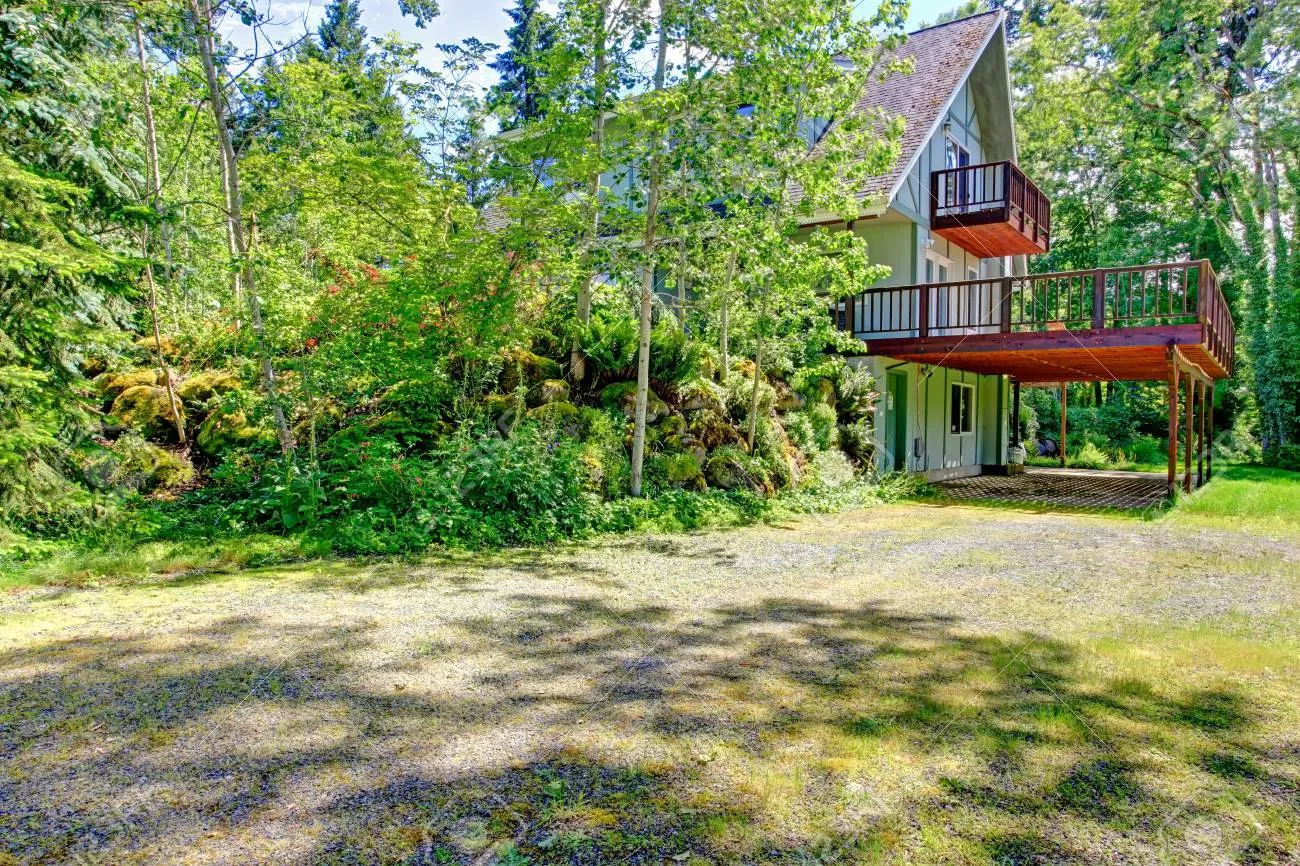The Night That Never Ends
It’s 2:14 AM. You’re in bed, eyes closed, phone on silent. Outside, a scooter accelerates down the empty road, a dog barks, a truck rattles past. Somewhere in the distance, a construction site still hums. You roll over, half-asleep, and think nothing of it.
But your body noticed. Every single sound - no matter how faint - registered in your brain. And it’s paying the price, even as you think you’re “resting.”
Noise Pollution: The Silent Stressor
We talk endlessly about air pollution, but noise pollution rarely gets the same attention. The World Health Organization has called it a “modern epidemic,” with health effects that extend far beyond temporary irritation.
According to WHO guidelines, prolonged exposure to noise above 55 decibels - about as loud as moderate traffic - can cause measurable harm to health. In many Indian metros, nighttime noise levels regularly exceed this threshold due to traffic, late-night commerce, generators, and ongoing construction.
And while our ears might adapt over time, our nervous system doesn’t.
How Noise Disrupts Sleep - Even When You Don’t Wake Up
Most people assume noise is only a problem if it wakes them completely. In reality, your brain continues to process sound throughout the night. Research shows that even low-level noise can:
- Fragment deep sleep so it’s less restorative.
- Trigger stress hormones like cortisol, keeping your body in a subtle “fight-or-flight” state.
- Reduce REM sleep, essential for mood regulation, memory, and cognitive performance.
Over time, these effects stack up - leaving you fatigued, irritable, and less able to focus. Chronic sleep disruption is also linked to high blood pressure, heart disease, and weakened immunity.
The Urban Soundtrack We've Normalised
In cities, this cycle is almost impossible to escape. Sirens, honking, loudspeakers, neighbourly arguments, early-morning vendors - all weave into a constant, low-level hum that becomes the background of daily life.
We might think we’ve tuned it out, but our bodies haven’t. Just like air pollution, noise pollution works invisibly - wearing down your health without you realising.
Nature’s Sound Design
In contrast, nature offers a soundscape that heals rather than harms. The rustle of leaves, the trickle of water, the distant call of birds - these “soft” sounds mask jarring ones and signal safety to the brain. This helps the nervous system switch to its parasympathetic mode - the state where we recover, recharge, and truly rest.
A 2022 study in Scientific Reports found that even short-term exposure to birdsong and natural sounds can reduce stress, improve mood, and boost cognitive performance. In other words: the right kind of noise isn’t noise at all - it’s therapy.
Why Quieter Surroundings Are More Than a Luxury
We often talk about wellness in terms of gym memberships, spa days, or organic food. But the simplest - and perhaps most overlooked - upgrade is changing the environment you sleep in.
A quieter home environment can:
- Restore healthy sleep cycles.
- Lower long-term stress levels.
- Improve heart health and immunity.
- Enhance mood and focus.
In a world that measures productivity by constant availability, the real luxury is uninterrupted rest.

An Upgrade You Can Feel Every Morning
Spaces away from urban noise aren’t just beautiful - they’re functional investments in your well-being. They give you back deep, unbroken sleep, mornings that start without tension, and a nervous system that isn’t perpetually on edge.
Because at the end of the day, the measure of a home isn’t just in square feet — it’s in how it makes you feel when you wake up.
A Quiet Note from Us
This belief is built into Sway by Aranyaka - our second-home community in Naugaon, Rajasthan. Close enough for spontaneous weekends, yet far from the city's constant hum, Sway is planned around quiet: generous green buffers, low-disturbance streets, and natural soundscapes that let nights be truly still and mornings begin softly. It's not about silence for the sake of silence - it's about the kind of calm that lets you sleep deeply and live better.
So if your alarm clock wakes you up more gently than your surroundings, maybe it is time you change where you wake up.
